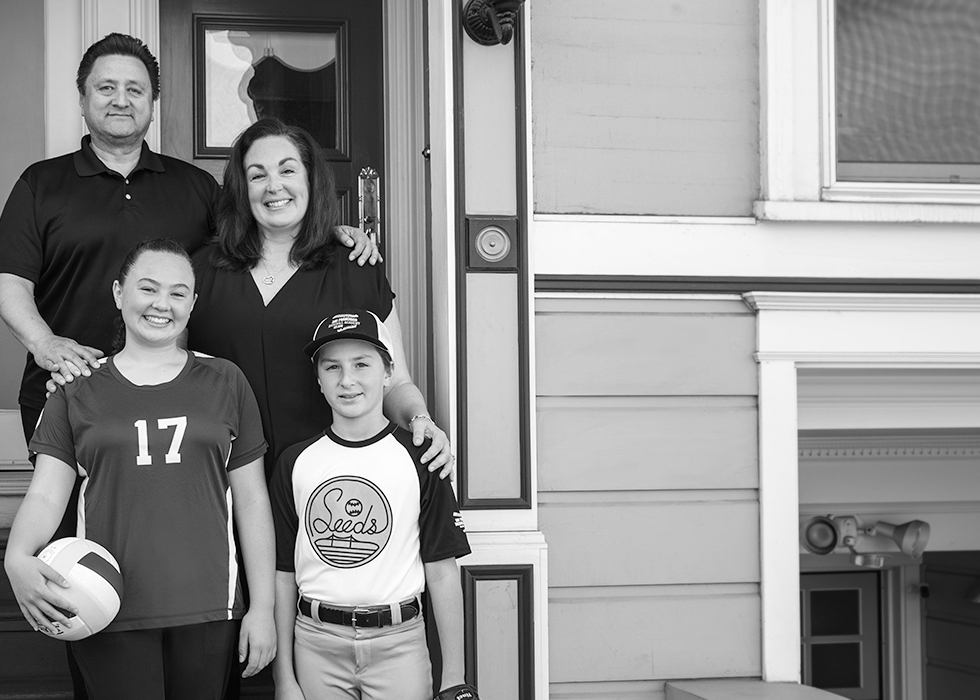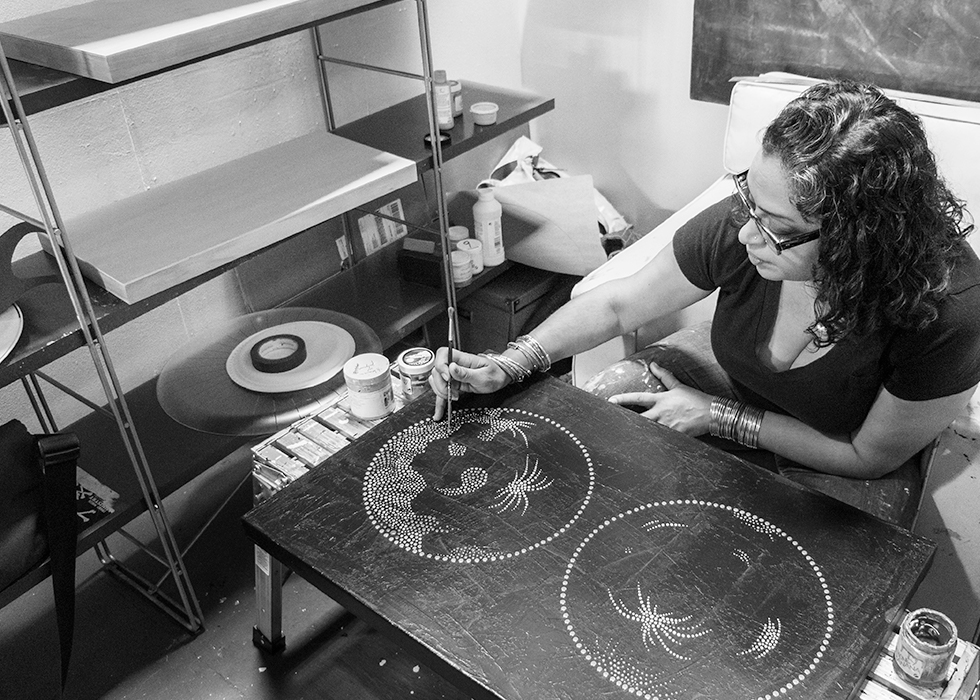7 First Time Home Buyer Mistakes
Getting ready to buy your first home is an exciting time, and a pretty big milestone. But it can also be stressful. You want to make sure you find the right house, the right mortgage, and avoid making any costly mistakes.
One thing is definitely true when you’re looking for your first home: don’t rush it. You want to make sure your finances are healthy and that you fully understand the steps to buying a house.
A lot of first-time home buyers make the same mistakes when investing in Bay Area real estate or watching other real estate market trends. So, before you buy that welcome mat, here are 6 things to avoid when buying your first house.
1. Not paying attention to your credit
Your credit history, report, and score will have a big impact on the rates and terms you qualify for. Before you start applying for your first mortgage, make sure your credit in the best possible shape.
To tackle potential problems in advance, check your credit report first. You can do this for free each year at annualcreditreport.com. Get reports from all three agencies: Transunion, Equifax, and Experian.
These agencies report a number called a FICO® score to financial lenders to determine the risk level when issuing you a loan. Check out this helpful infographic to understand how to improve your credit score.
Look for any errors in your report and be sure to dispute them. Submit your dispute in writing to both the reporting agency and creditor, and include any documentation needed to help make your case.
How long does it take to increase a credit score?
If you find an accurate history of negative items, like late payments or delinquent accounts, there’s no way to remove these quickly. They will stay on your report for seven to ten years.
Don’t stress out too much, though. If you start making payments on time each month, pay more than the minimum balance, and stay within your credit limit, you can improve your score over time.
Be patient. It can take at least one year to improve a low credit score.
2. Searching for a home before getting pre-approved
Sure, it’s more fun to look at houses than talk about finances with a lender. But, looking for a home before getting pre-approved can lead to disappointment. You might think you found your dream home, only to discover you can’t afford it.
A pre-approval letter gives the seller confidence in your ability to buy their house, and may set you apart from other bidders. With a pre-approval letter, the seller knows a lender has looked at your credit, employment history, financial assets, and other key factors, and they’ve determined that you have the means and motivation to repay your bills.
3. Buying a home you can't afford
Just because a lender tells you that you can borrow up to, say, $600,000, it doesn’t mean you should. Don’t focus on the maximum amount you can borrow. Focus on what you can afford to pay in monthly mortgage payments.
Use this mortgage calculator to find out how much mortgage you might qualify for.
Typically, most homeowners can afford a loan amount between 2 and 2.5 times their gross annual income.
Buying a house that’s out of your price range can lead to a lot of financial problems. You might have to stretch your monthly budget just to make mortgage payments. You might not be able to save for repairs, expenses, emergencies.
4. Skipping the home inspection
Home inspections can prove to be invaluable. They’re intended to find major (and potentially costly) issues with a home. Perhaps most importantly, they’re meant to protect you.
If you don’t get an inspection and you discover a major issue with the house after you move in, you’re stuck with the full bill. When you make an offer on a home, you can include a home inspection contingency that lets you back out of the deal penalty-free, and usually get your full earnest money deposit refunded.
A home inspection fee typically ranges from $300 - $500, but it’s well worth it when you consider the cost of major repairs like cracked pipes or water damage.
You might also want to consider other inspections, such as pest, mold or radon, or sewer scope. Remember, every inspection can help protect your investment and your safety.
5. Making a down payment that's too small
While it is true that you don’t have to make a 20% down payment to buy your home, that doesn’t necessarily mean you want to go too small.
Some loan programs may let you buy a home with attractive offers like zero to 3.5% down, but a smaller down payment may not be in your long-term interest.
Figuring out how much to put down is based on your specific financial situation and monthly budget. A bigger down payment means a smaller mortgage, which means lower monthly payments. If you need to save up for a 20% down payment to fit your financial needs, you should. The key is making sure your down payment, whatever the percentage, gives you’re a mortgage payment you can afford each month.
6. Not taking advantage of homebuying programs
Looking for a home that fits all of your specific needs can seem like a daunting task. But you don’t have to do it alone.
With our partnership with HomeAdvantage, SF Fire Credit Union members can get help finding their next house. This free service includes:
- Searching for homes. Search for homes on the Multiple Listing Service (MLS) for free, and find the home that fits your needs. And unlike other services, HomeAdvantage will not sell your information.
- Listing alerts. Save your favorite searches and get email updates when new listings become available.
- A real estate agent network. Choose an agent from a network of experienced, hand-picked real estate agents ready to help you buy or sell.
- Rebates. Members who work with an agent in our network earn an average of $1,500 back in savings. These rebates can be used to reduce closing costs, reduce agent commissions, or be taken as cash back.
7. Making purchases before closing
Once you get pre-qualified and are in contract for the home, it can be tempting to start making home-related purchases.
But remember, you haven’t closed on that new home just yet. So, be careful not to jump the gun.
Some purchases to avoid until it’s finalized:
- New Car. You might be thinking about a new car to go in your new garage, but it’s probably best to hold off. That new car payment may keep you from qualifying for the home loan, and a lender can rescind the loan approval right up until the close for discovery of new information.
- Household appliances. Don’t buy new appliances until you have closed escrow. It’s the same as the new car: new debt added may hurt your loan approval. And, if something unexpected happens, and you don’t close on the new house, you’re stuck with large appliances and nowhere to put them.
- Change jobs. A week or two away from closing is not the time change jobs. A lender will reconfirm a borrower’s employment immediately prior to funding the loan to make sure that you’re still working. If you’re in the process of switching jobs, the loan approval could be cancelled due to lack of “continuity of income.”
When it comes to buying your first home, the important thing is education. Make sure you understand the lending and real estate process so you can avoid some of these common mistakes.
If you still have questions about the homebuying process, applying for pre-approval, or anything related to your first mortgage, our Real Estate Loan Officers are here to answer your questions.




